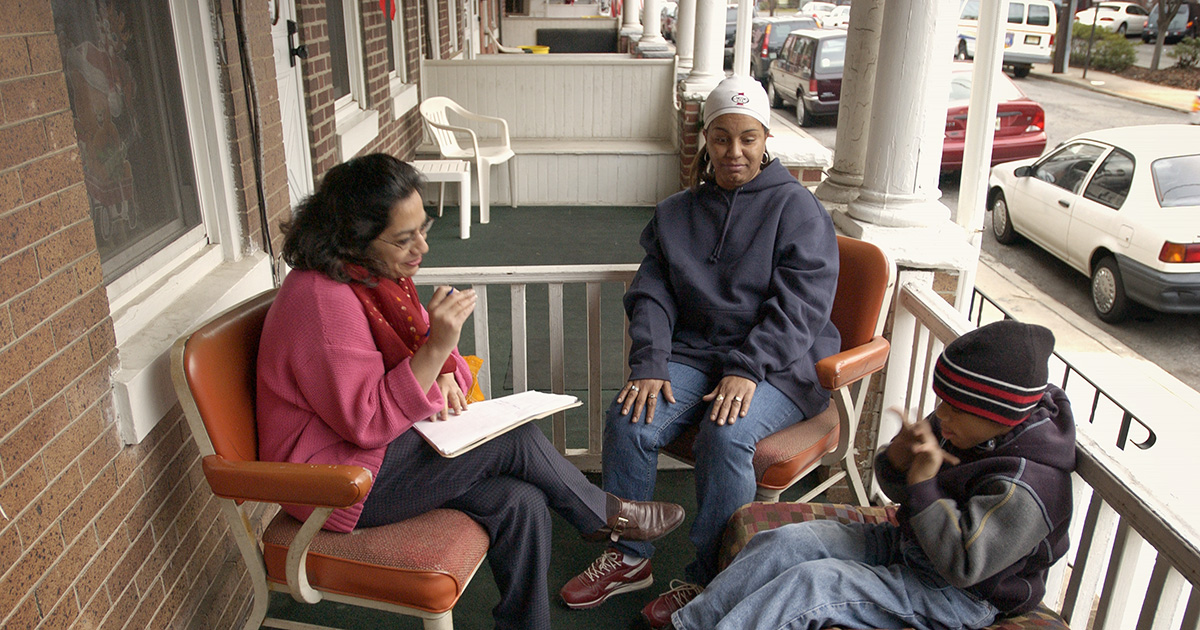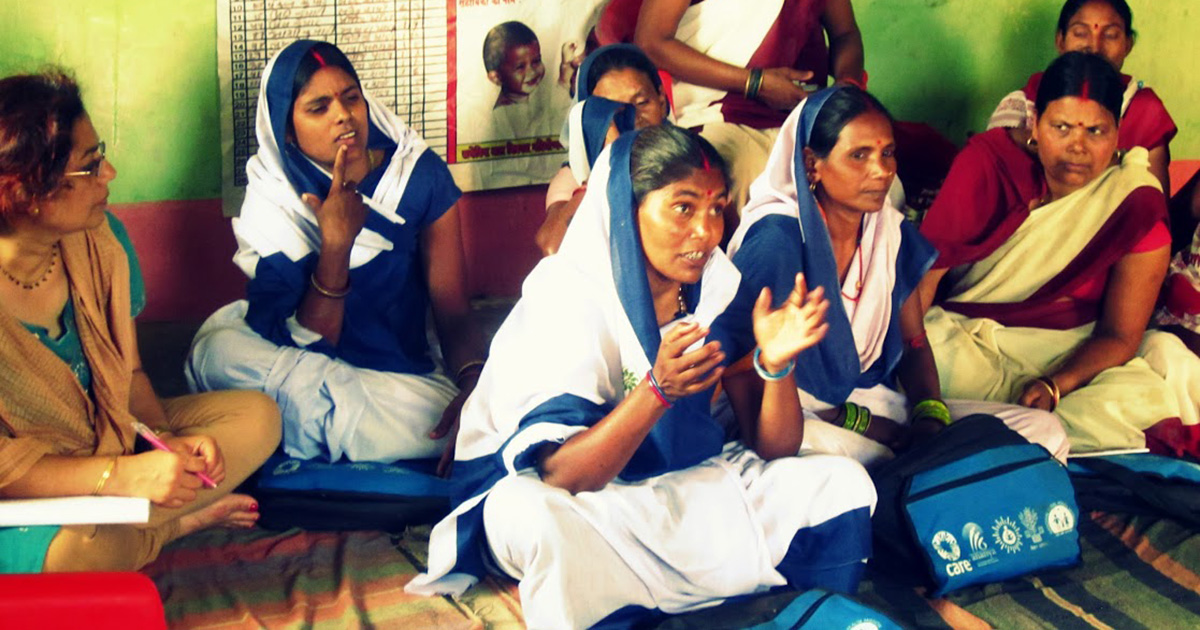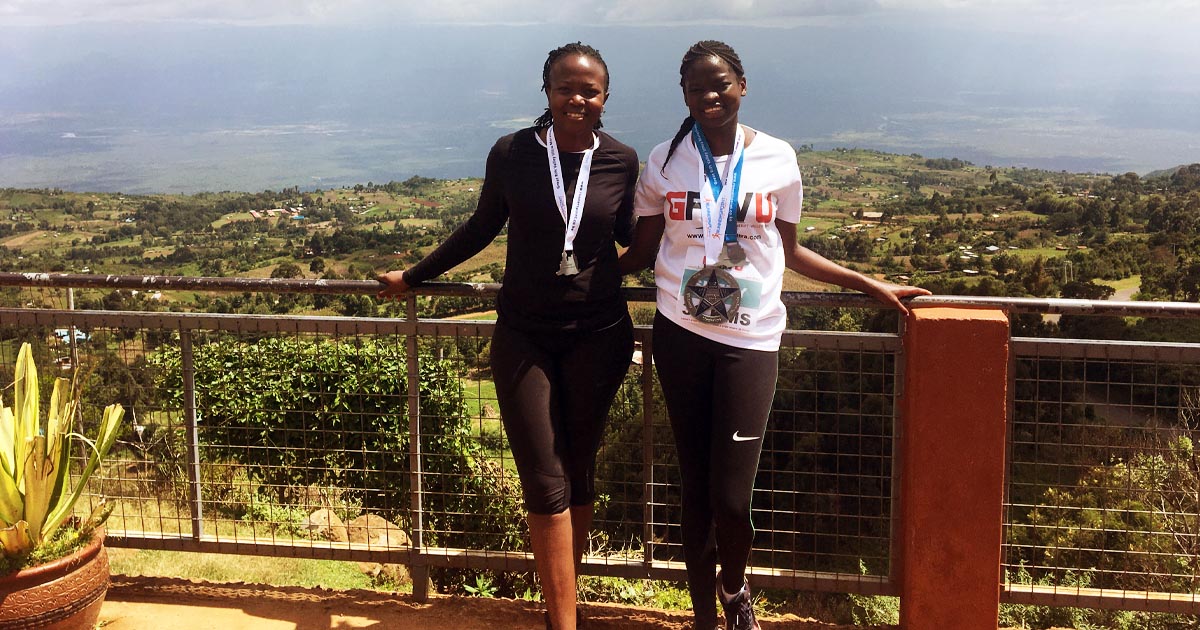When I joined Mathematica in 1989, I thought I would stay only for a few years before returning to academia to teach economics. More than 30 years later, I’m still here. One of the reasons I’ve stayed is that even though I’ve had the same employer, I never had the same job. It’s as if I’ve had several careers, each with its own unique challenges and opportunities. The latest is my role directing our growing portfolio of research on climate change to inform effective, evidence-based actions to respond the most pressing and wide-ranging threat to people's health and well-being in my lifetime.
I came to Mathematica for the chance to conduct rigorous research that could change policy for the better. I wanted to study public policies that had real-world ramifications for people and I valued the flexibility Mathematica offers to explore different issue areas. Applying my expertise in methods and research design, I have studied education, social safety net programs, agriculture, health and nutrition, infectious disease prevention, greenhouse gas emissions, and more. Every new project or role presented possibilities to learn something new.

The author interviewing a mother and her son in South Jersey in the early 2000's to learn about how they were coping with the effects of welfare reform.
This flexibility is possible because Mathematica is employee-owned. We all have a stake in the company, a say in the kind of work we pursue, and a voice in where we’re headed. The story of the creation of our international research business unit exemplifies this dynamic.
By the mid-2000s, federal and philanthropic funders were increasingly interested in the value of evaluating international development initiatives and allowing evidence to guide future investments. I always had a personal interest in international development. Having grown up in India, I’d seen the human consequences of severe poverty; I also spent many summers in Africa and Asia as a young child, visiting my father who spent two decades working for the United Nations in nearly every African and Asian country. Since my childhood, I’ve been drawn to the remarkable cultures and resilient people in those countries, and, as an adult, I was eager for an opportunity to work in international development. Aware of the growing appetite for evidence in an international context, I joined a small group of researchers at Mathematica who were passionate about extending our domestic work in evidence-based methods to improving public well-being in low and middle-income countries. Ultimately, we formed an international research business unit, which has now worked in more than 50 countries across Africa, Asia, the Caribbean, Europe, and Latin America.
There is a similar story to tell about our increased focus on applying evidence to address climate change. In an all-staff survey in 2020, Mathematica employees named climate change the most pressing problem facing society in the next 15 years. I share their concern. Over my lifetime, I watched the verdant garden cities of my youth—Bangalore, Delhi, Calcutta, and Mumbai—devastated by smog, heat waves, and flooding. We all live with the effects of climate change, whether we realize it or not. Like the COVID-19 pandemic, it is a global problem that transcends political beliefs and geographic boundaries.
Just as funders turned to scientific evidence as a guide for making investments to reduce global poverty and promote economic prosperity, they are now interested in using those same tools to identify effective solutions for climate change. Decision makers at all levels will need the best available information on replicable, scalable solutions to rising greenhouse gas emissions and their alarming consequences. They will also need evidence on more immediate strategies for coping with the crises that are already here: stronger and more frequent hurricanes, droughts, flooding, wildfires, heat waves, and other natural phenomena that can harm people in any number of ways, including negative impacts on their health, housing stability, and food security. Again, we need to know what works.
I was honored when, in summer 2020, our CEO Paul Decker asked if I would lead the development of a climate strategy for Mathematica and our climate practice. This gave me another opportunity to reinvent and reimagine my career at Mathematica and to make an important contribution to solving a critical challenge. I worked with experts across our domestic and international work to listen to and collaborate with people across a range of sectors, develop innovative tools, and identify areas where Mathematica could contribute to data and evidence to support climate action. I’m proud of Mathematica’s mission and commitment to use evidence to improve public well-being by contributing timely and reliable evidence on what works to confront a range of steep and sobering climate-related challenges.
I am grateful for all the opportunities Mathematica has offered me, and for all I have learned over the past 30 years. Over the years, the commitment we share with our partners to improving well-being has led to impact of which we can all be proud, and that same shared purpose will guide us into the future as we work collaboratively to address the world’s most pressing challenges.



